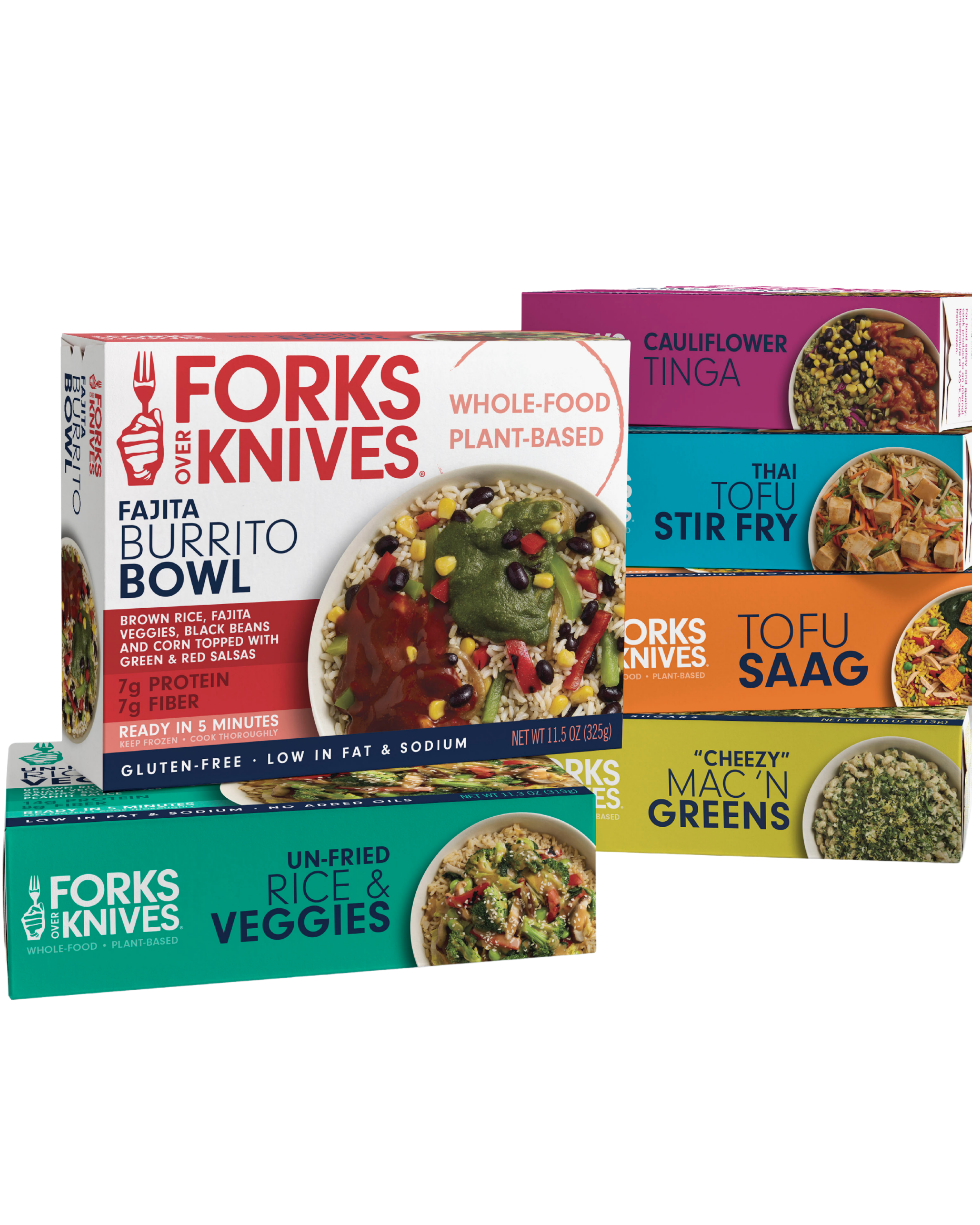Our gut bacteria influence our health in profound ways. They help digest food, make key nutrients, fight harmful organisms, protect our gut lining, train our immune systems, turn genes on and off, regulate gut hormones, and possibly even affect mood and cravings. Gut bacterial changes are closely linked to autoimmunity, inflammation, body weight, diabetes, cancer, and heart disease.
Various factors shape our gut bacterial patterns, but likely the most important factor is food. Our bacteria mirror what we eat and respond quickly when we change our diet.
Just five days of a diet high in animal fat and low in fiber causes a rise in bile-tolerant bacteria, which are linked to inflammatory bowel disease. It also results in more secondary bile acids (carcinogenic compounds formed when bacteria metabolize bile) and fewer beneficial fiber-fermenting bacteria. By contrast, switching to a diet high in fiber and complex carbs produces a greater diversity of gut bacteria (a good thing), more fiber-loving bacteria, lower markers of colon inflammation, and a 70 percent drop in secondary bile acids in only two weeks.
One of the most incredible products of gut bacteria is butyrate: This short-chain fatty acid is critical for reducing inflammation throughout the body and keeping gut tissue healthy. It also helps kill off cancer cells, hamper growth of unfriendly bacteria, stimulate appetite-lowering hormones, and promote fat burning in muscle cells, which lowers insulin resistance.
How do we maximize this amazing nutrient? It all comes down to fiber, which gets fermented to butyrate by beneficial gut bacteria. We need all types of fiber, ideally from a variety of plant foods, especially whole grains and the resistant starches found in beans, lentils, and split peas.
Prebiotic foods (e.g., oats, asparagus, beans, sweet potatoes, leeks, onions, and garlic) foster growth of friendly gut bacteria. Probiotic plant foods (e.g. sauerkraut, kimchi, kombucha, nondairy yogurts, and tempeh) deliver live, beneficial bacteria to the gut. Probiotics can also be found in pill form, but the most effective way to increase healthy gut bacteria is simply to eat the right foods—namely, plants!
Related News
Get Our Best Price On The Forks Meal Planner

Forks Meal Planner takes the guess work out of making nutritious meals the whole family will enjoy.
Master Plant-Based Cooking!

Our new course features over 100 lessons, 50+ recipes, downloadable guides, and more!
New Frozen Meals!

Introducing our new frozen meals: Doctor-recommended, chef-crafted, & ready in minutes.




